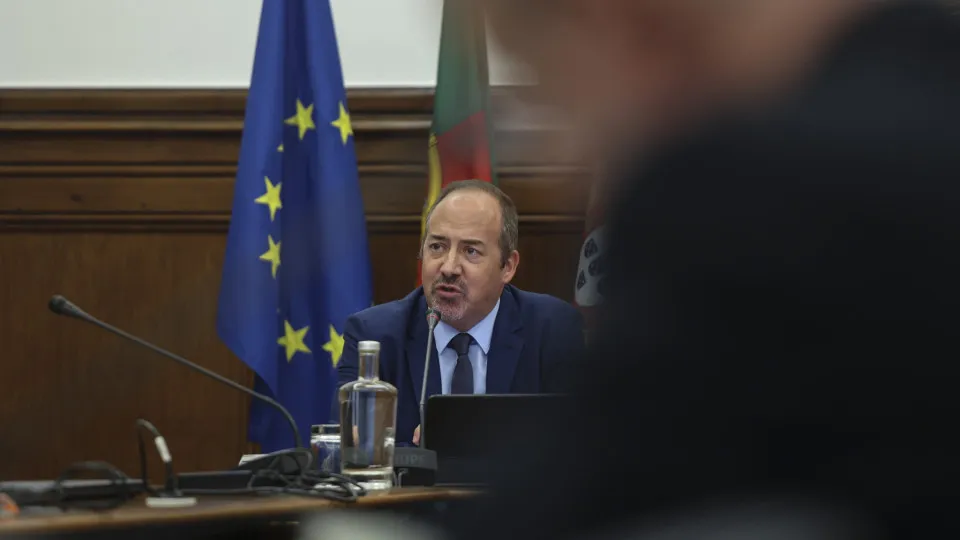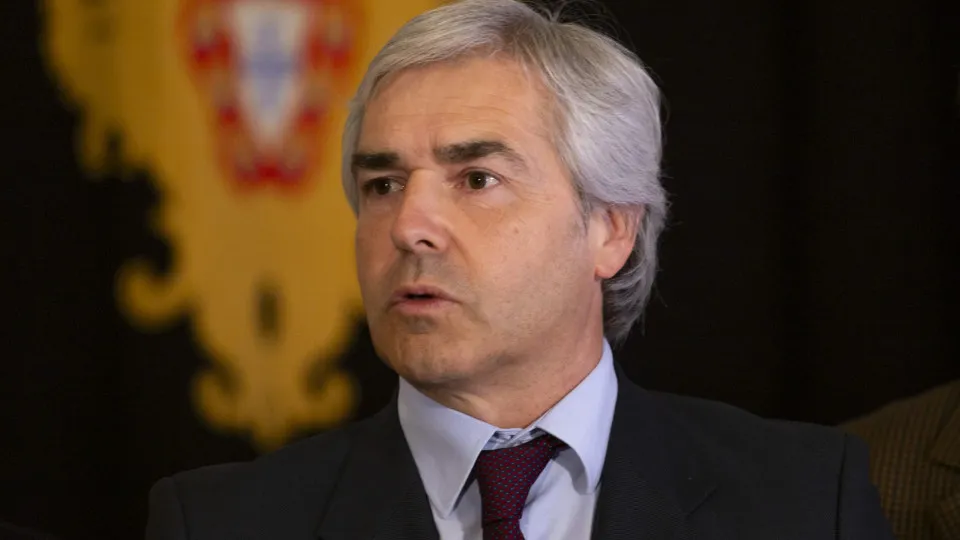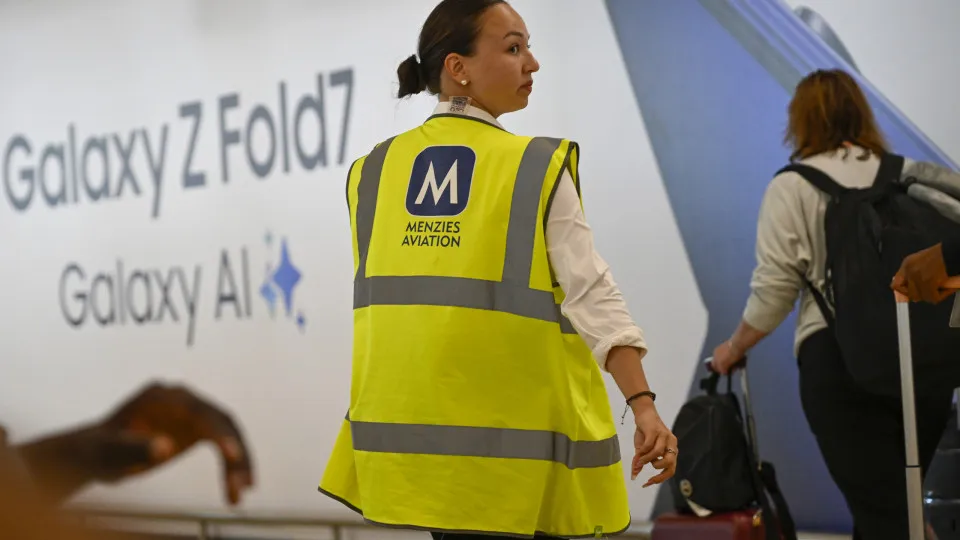
Researchers from Nova SBE and the University of Minho conducted interviews this year with over four thousand teachers and principals from more than 700 schools across the country to gauge their views on school management practices. Portuguese schools received an overall score of 0.6 on a scale of zero to one.
“The Portuguese outcome is relatively average,” remarked Pedro Freitas, a researcher from the University of Oxford, during a presentation of a chapter from the study “Teachers’ Voices: Motivations, Challenges and Career Development Barriers,” unveiled today in Lisbon.
Despite the average result, several areas were notably deficient, such as the ability to promote and recognize top performances or to tailor teaching and learning to accommodate different students’ needs.
A deeper analysis revealed contrasting realities between private and public schools: Teachers in private education tend to collaborate more in problem-solving and find it easier to gain professional recognition, including financial rewards, when working in private institutions.
“Public schools face limitations in their human resources autonomy, which sometimes do not apply to private schools, ultimately impacting this measure of management quality,” Pedro Freitas explained.
Interestingly, the study noted that one in four private school teachers (24%) expressed a willingness to transfer to public schools soon, while it also highlighted that most teachers under 30 are contemplating a career change within the next few years.
In terms of school management, when all dimensions are considered, “the differences between public and private schools are not that significant, as schools exhibit similar management practices.”
However, there are successful areas, including planning based on student academic results and initiatives to further improve those results.
Perceptions of school management differ depending on whether feedback comes from principals or teachers, with principals often claiming active teacher participation, while teachers feel such involvement is less common.
Regarding management practices that directly impact teaching activities, less than half of the teachers reported regular communication with school leadership on pedagogical issues. In contrast, principals indicated much higher levels of engagement, highlighting a significant disparity in perceptions.
Furthermore, “the gap between what principals claim and the feedback from teachers is wider in public schools than in private ones,” the researcher added, noting that ultimately, most teachers rated their directors’ management quality as “positive or very positive.”




